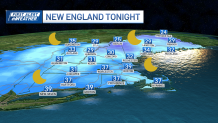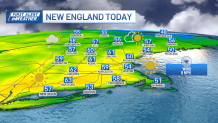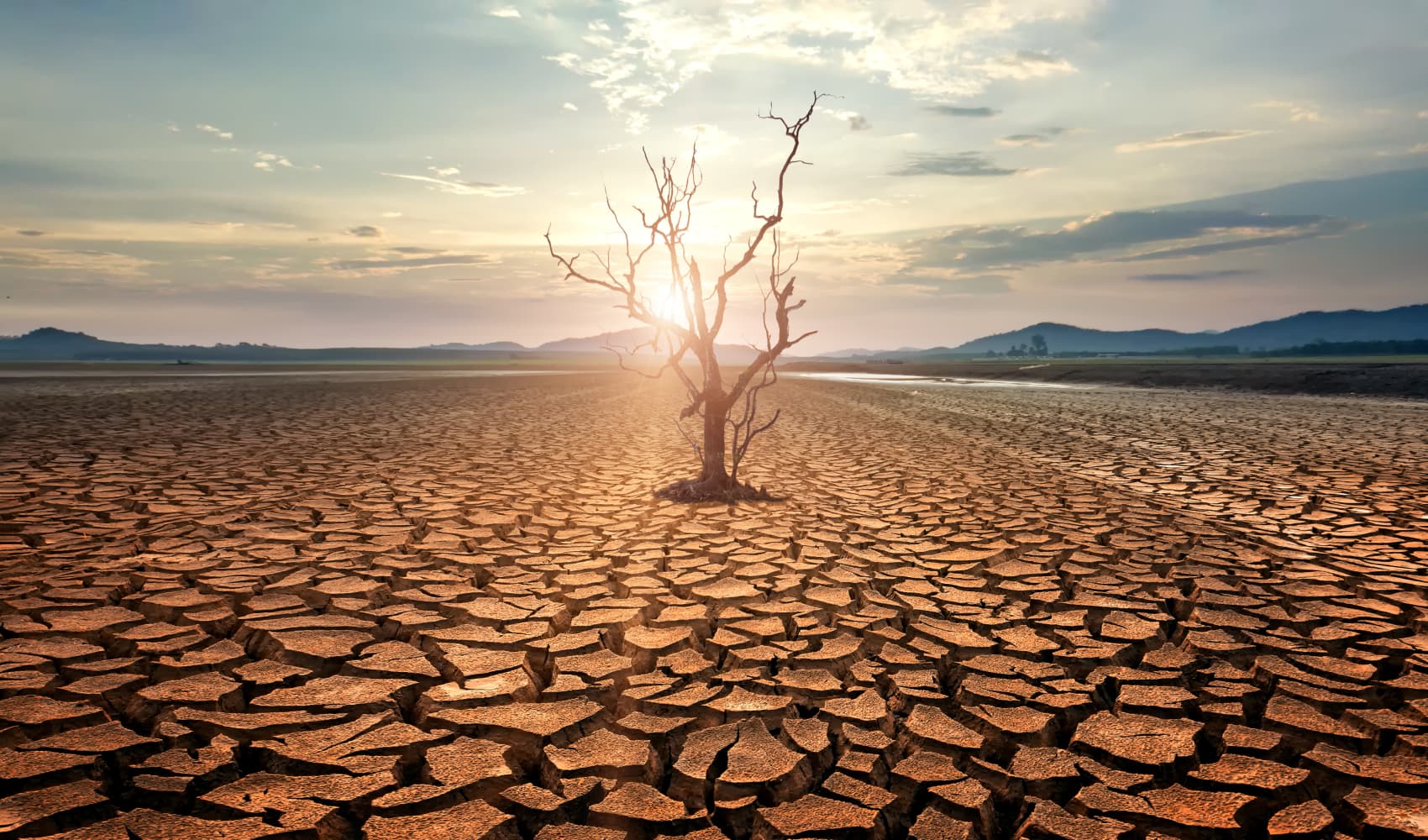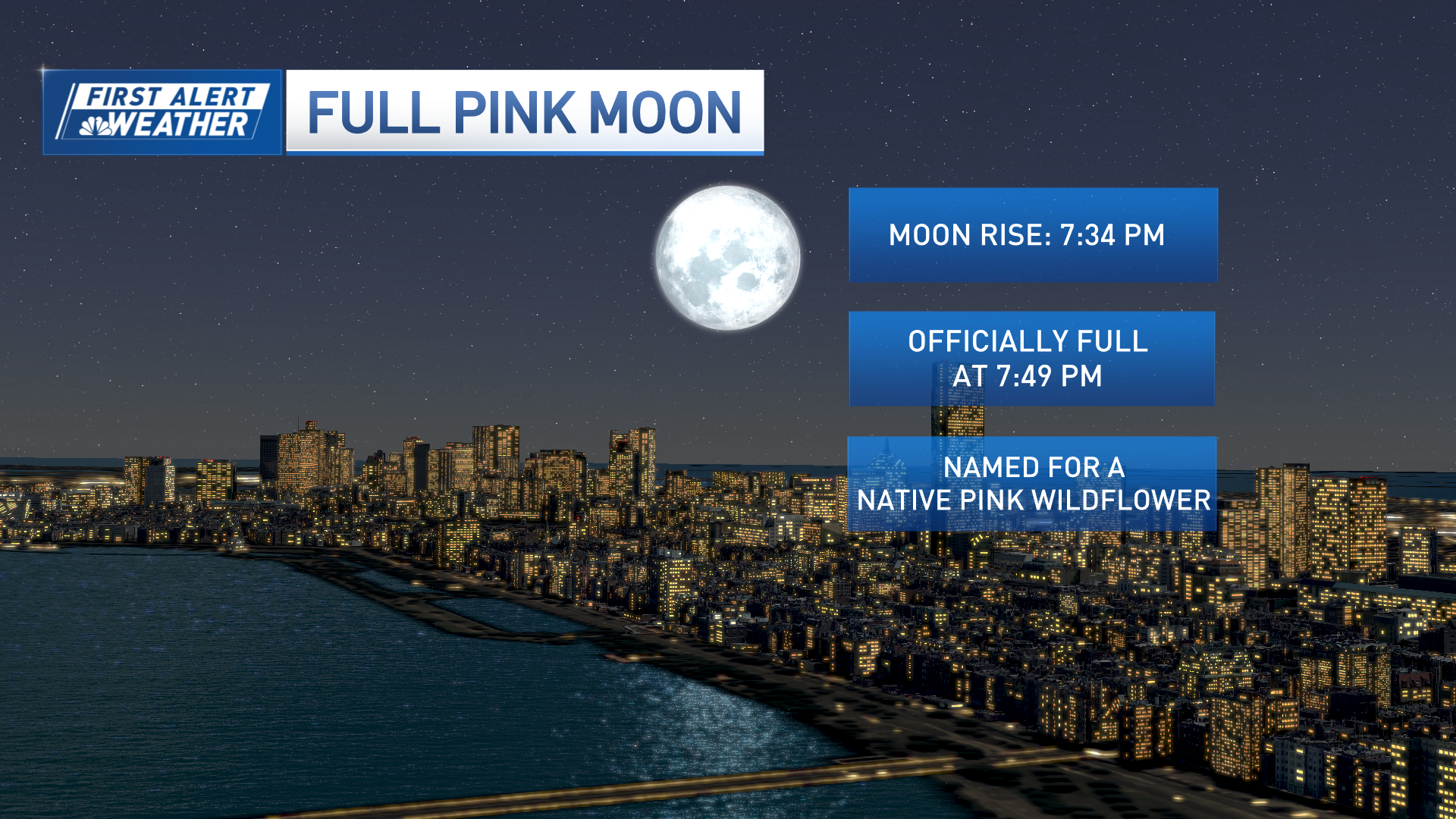Montpelier, Vermont, woke up to a chilly Friday morning, tying the record low temperature for this date at 22 degrees Fahrenheit. This record was previously set in 1967 at Montpelier-Edward F. Knapp State Airport (KMPV), where records date back to 1949.
The cold wasn't isolated to Montpelier, as much of New England experienced a hard freeze. Freeze warnings were issued for southern New England and coastal areas, with temperatures dropping significantly compared to the previous day. Many locations saw lows in the 20s.

At night, especially on clear nights with light winds, a process called radiational cooling takes over. Without the sun's heat and under clear skies, earth's surface radiates heat out into space. With minimal wind to disrupt this transfer, the ground loses heat rapidly.
Get Boston local news, weather forecasts, lifestyle and entertainment stories to your inbox. Sign up for NBC Boston’s newsletters.
This radiational heat loss cools the ground, and the air in contact with the ground cools down as well, leading to the significant temperature drop we experience at night sometimes.

Thankfully, this afternoon offers a decent rebound with high pressure still in control. Sunshine prevails with highs in the 50s to near 60 inland: about 5 to 10 degrees cooler than average for this time of year.
Friday night, the center of high pressure will move offshore, and while overnight lows will drop back to the 30s, it won't be quite as cold as Friday morning.
Patchy frost is still a possibility, so be sure to bundle up if you're heading out early Saturday morning.




